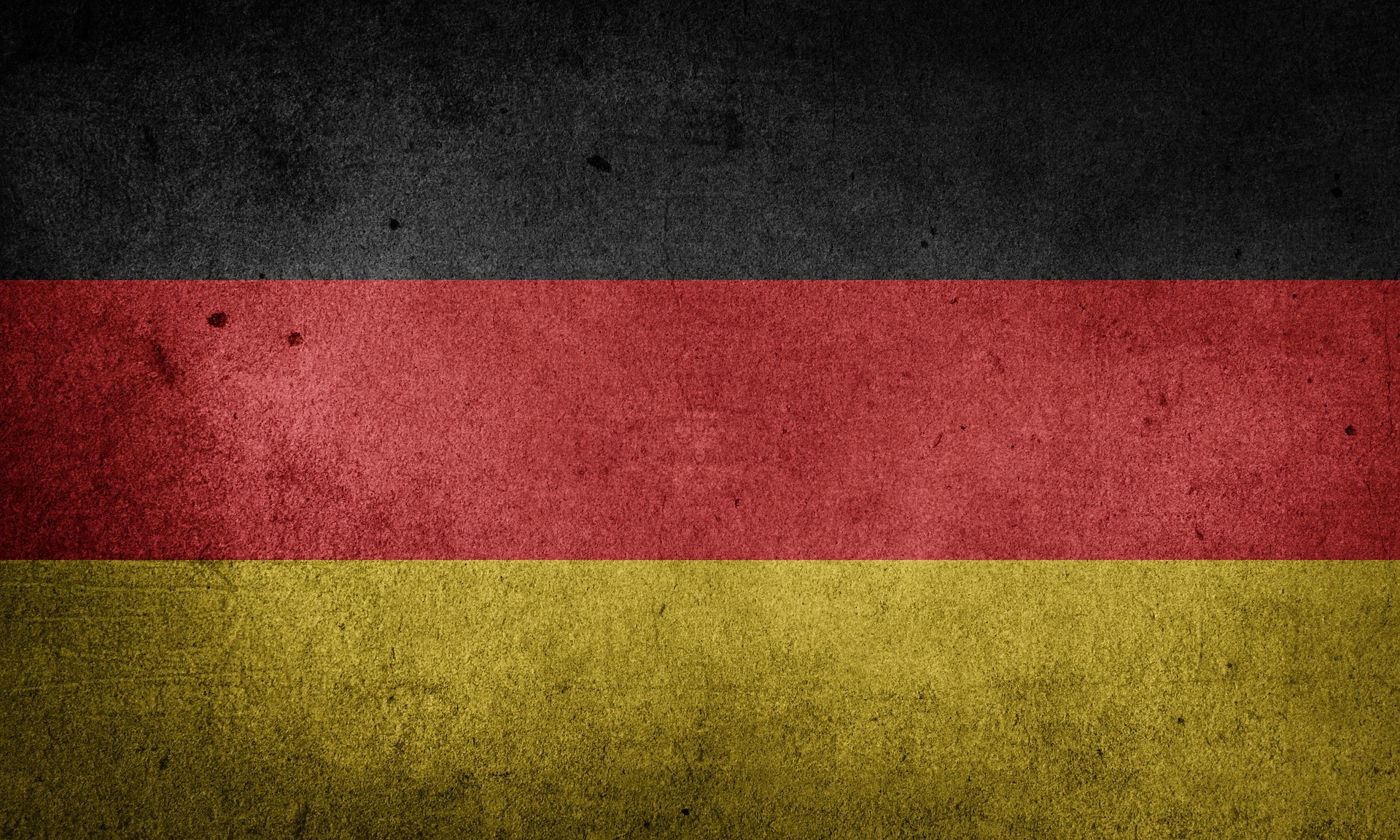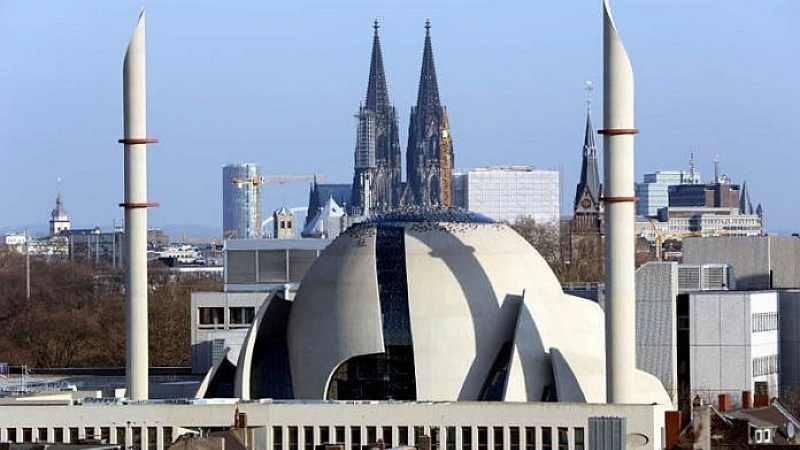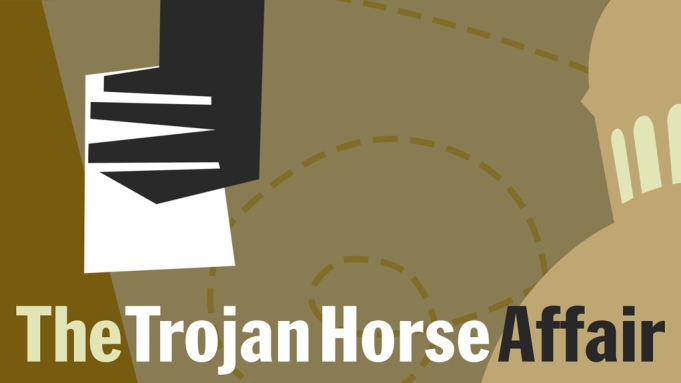Two controversial contributors
In a new book – Zur Freiheit gehört, den Koran zu kritisieren: Ein Streitgespräch (It is a part of freedom to criticise the Qur’an: A disputation) – two of the most prominent voices on Islam in Germany, Hamed Abdel-Samad and Mouhanad Khorchide, debate the nature of the Quran and of the Islamic faith. The publication has sparked considerable public interest, also because its two authors have been at loggerheads on many issues of theological and political significance.
In recent years, Abdel-Samad has emerged as a reformed former Muslim Brother and a self-styled critic of Islam, publishing a salvo of controversial popular books imputing a fascist predisposition to Islam and presenting the Prophet Muhammad as a maniacal proto-terrorist. While these books have earned Abdel-Samad public notoriety, journalistic and especially scholarly observers have widely dismissed his theses as exceedingly crude.
In contrast to that Mouhanad Khorchide, Professor for Islamic Theology at Münster University, has published widely on his understanding of Islam as a religion of mercy. His reliance on theological positions and historical-critical methodology have been ostracised by a range of Muslim associations in Germany; and after receiving death threats from conservative radicals, Khorchide has been under police protection.
Attempting a serious debate
In a discussion of the book and its theses on the ZDF’s Forum am Freitag TV show1, the authors nevertheless manage to engage each other in a serious conversation beyond mere polemics. Both authors show themselves desirous of activating what they refer to as ‘Islam’s silent majority’ and to equip this majority with the necessary theological tools to defend their faith against the depravations of jihadist interpretations. Moreover, they decry the tendency of contemporary theological debate to degenerate into a shouting match in which the opposing sides bombard each other with competing quotations from the Quran, each party eager to have its preferred textual passage count as a piece of ‘evidence’ demonstrating the – peaceful or violent, democratic or authoritarian – essence of Islam.
Whilst viewers of the TV debate could be impressed by the willingness of Abdel-Samad and Khorchide to enter into such an ambitious dialogue, it was also difficult to avoid the feeling that, as their discussion wore on, they began to fall into the very trap they had sought to avoid: beginning with a series of Abdel-Samad’s interventions, both discussants gradually came to rely rather heavily on quotations from the Qur’an; and both sought to use shreds of the text to prove their respective arguments about the true nature of Islam as a religion.
Abdel-Samad, for instance, alleged that the term ‘man’ occurs 61 times in the Qur’an; “and in all of these 61 verses, ‘man’ comes away negatively”. From this assertion, Abdel-Samad derived the assertion that “young people who ask themselves: ‘what does God want from me?’ are ultimately led to death, not to life” by the Qur’anic text. In Abdel-Samad’s view, the only ray of hope is the fact that most Muslims don’t read the Qur’an, or (if they do read it) don’t understand its message – also because the Quran is, according to Abdel-Samad, not only a violent but also incomprehensible and primitive book.
Sustaining nuance in the current political climate
At least in the TV debate of the book’s theses, the rhetorical prowess of Abdel-Samad has a certain edge of the quiet Khorchide: the discussion has Khorchide struggling to defend his perspective on the Quran against Abdel-Samad’s assault. Khorchide manages to make a number of memorable points – presenting, for instance, his view of how the Quran as a text of ongoing divine communication might be read in a meaningful way by Muslims today. Yet the viewer is still left with an overall sense that nuance is difficult to sustain in a public debate that pits an eloquently presented black and white narrative à la Abdel-Samad against the more complex analysis that Khorchide seeks to put forward.
The book form of the debate might be somewhat more suited to Khorchide, insofar as it might enable him to deploy a well-thought out answer to Abdel-Samad’s stark attacks. Nevertheless, the difficulties in developing an ambitious and theologically serious argument about the Quran faced by Khorchide are emblematic of the current state of the public debate in Germany and Europe. In fact, as his critics have noted, Abdel-Samad shares the fundamentalist Salafi understanding of Islam that he claims to fight; the sole difference being that he castigates what the Salafis find admirable. Neither of them can actually accommodate a more nuanced understanding of Islam as a lived religion or of its foundational texts.
In this respect, one of Khorchide’s points from the TV discussion rings true: the message that readers derive from the Quran tell us far more about the nature of the interpreter in question than about the nature of the Quran. The fundamentalist “must ask himself: ‘with what eyes of hate do I actually read the Quran?’” Perhaps Hamed Abdel-Samad, too, ought to take this question seriously.
Sources
http://www.zdf.de/forum-am-freitag/forum-am-freitag-5989636.html ↩






